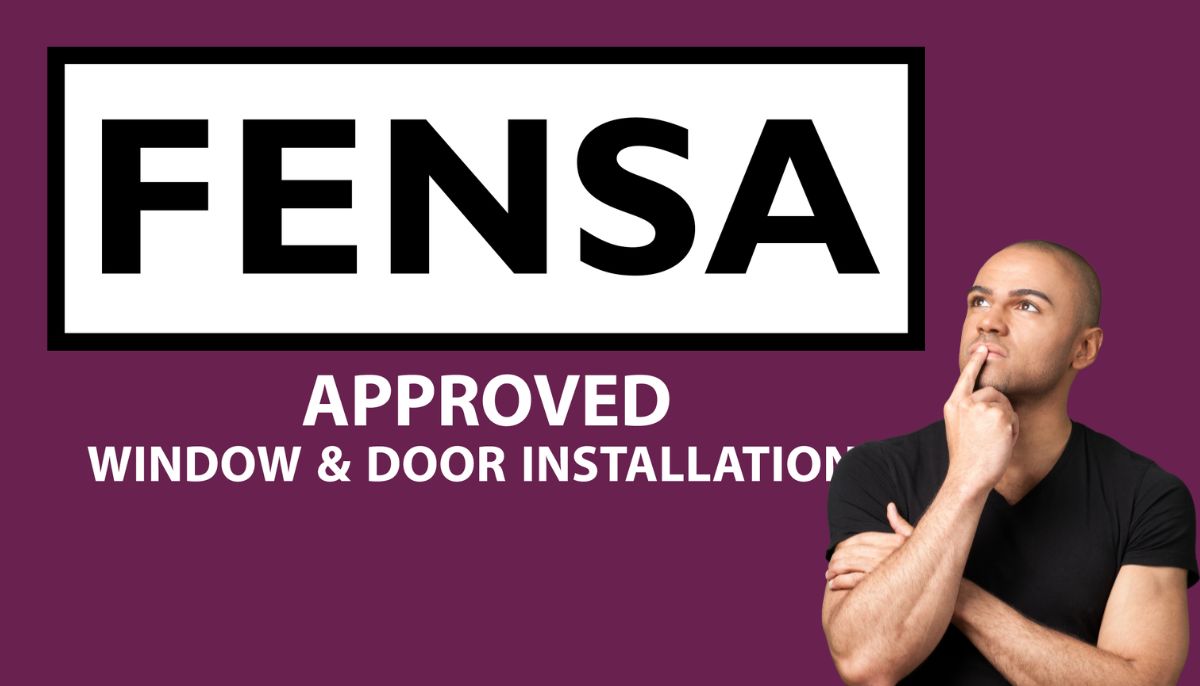FENSA is a scheme that regulates window and door installation.
Specifically, it’s what’s known as a ‘competent persons scheme’. These are authorised by the government. In Fensa’s case, it works like this:
- A windows installer signs up for the scheme
- They pay an annual fee, and receive at least one assessment from FENSA which certified them as competent
- The installer can then install windows and doors without getting in a buildings inspector
- You, as the consumer, get a FENSA certificate proving the work is safe. The certificate is applied for by the installer and costs £25.
The key point of a competent building scheme is that it avoids a separate building inspection.
It’s faster, while also protecting the consumer from shoddy work.
Who are FENSA?
FENSA are the organisation that administers the scheme.
- They assess installers
- They issue certificates
- They deal with complaints
Surprisingly, FENSA are a private company, based in London. They make a profit, and have revenues of around £4 million a year, with 16 employees, as of their 2022 accounts.
Is a FENSA certificate a legal requirement when getting new windows?
No, FENSA is not a legal requirement.
However, you do need to follow building regulations. You can of course get a buildings inspector in. But FENSA is just a quicker (and cheaper) way to do it.
Selling your house without a FENSA certificate
This is very common. Don’t worry.
Not all windows installers are FENSA registered. On some jobs, the admin just isn’t done. Windows installed before 2002 will not have a certificate. And some certificates just get lost.
First step: check with FENSA directly. They can issue a new certificate if it’s on the system. It costs £25.
However, if you definitely don’t have one, it’s not the end of the world.
Your solicitor will usually offer you indemnity insurance. This is a one-off payment, usually about £100, that covers you in the very unlikely case that:
- The council inspect the property
- The windows aren’t installed to building regs
- They make you/your buyer redo them
Beware though: you can only get indemnity insurance if the council have not been informed. If you have informed them, you might need to get a buildings inspector round to satisfy your buyers.
If an installer isn’t FENSA certified, are they a cowboy?
Not necessarily.
FENSA is not a compulsory scheme. It also costs money to join, over £1000 a year if the installer is doing over 300 jobs.
The inverse is also true: just because an installer is FENSA approved, doesn’t mean they’re perfect. As usual,, reviews, comparing quotes, word of mouth – all are more instructive than being FENSA approved or not.
That being said… having a FENSA certificate will save you a bit of hassle (and money) when selling. So unless you’re getting a great price from a trustworthy company, it makes sense to check they’re FENSA registered.



